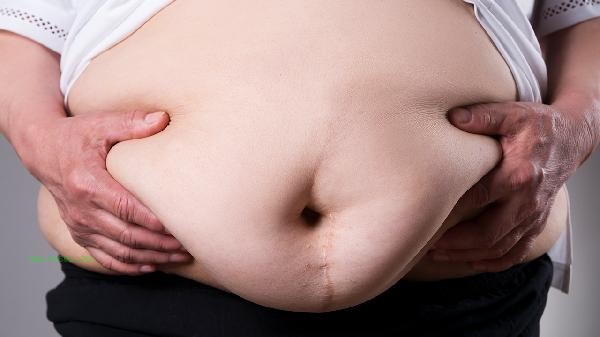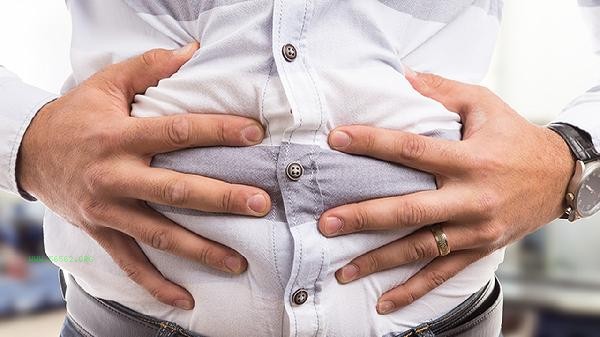The three meals a day for healthy weight loss should follow the principles of low calorie, high nutrition, and balanced combination. Breakfast should focus on protein and dietary fiber, lunch should control the carbon water ratio, and dinner should reduce fat intake. The recommended combination mainly includes whole grain staple foods, high-quality protein, a large amount of vegetables, and moderate amounts of low sugar fruits.

1. Breakfast: High protein with
For breakfast, it is recommended to choose high-quality protein such as boiled eggs, sugar free soybean milk or low-fat milk, and with slow carbon staple foods such as oatmeal and whole wheat bread. Add raw vegetables such as tomatoes and cucumbers to supplement dietary fiber and delay the rise of blood sugar. Avoid high fat refined carbon water such as deep-fried dough sticks and pancakes, and add a small amount of nuts to provide healthy fat.
2. Lunch: Balanced nutrition
For lunch, it is recommended to have mixed grain rice or buckwheat flour as the main course, paired with low-fat protein such as steamed fish and chicken breast. Green leafy vegetables should occupy half the volume of the plate and be cooked using low oil quick stir fry or blanching. Mushroom or kelp can be added to increase satiety, avoiding high sugar and high salt methods such as braised dishes and sweet and sour drinks.
3. Dinner: Light meals are recommended.

For dinner, it is advisable to choose easily digestible proteins such as tofu and shrimp, and reduce the amount of staple food by half or replace it with pumpkin and sweet potatoes. Pair with vegetables with high fiber content such as broccoli and asparagus, using cold or steaming methods. Finish eating 3 hours before going to bed to avoid stomach distention at night caused by liquid food such as soup Congee.
4. Additional Meal Options
Between meals, you can supplement with sugar free yogurt, original nuts, or low GI fruits such as apples and blueberries in moderation. Control the calorie intake of each meal within 100 calories and avoid processed snacks such as cookies and cakes. Within 30 minutes after exercise, supplementing whey protein can help with muscle repair.
5. Drinking water management
Drink no less than 2000ml of water per day, mainly warm water and light tea, and avoid sugary drinks. Drinking 300ml of water 30 minutes before meals can reduce the amount of food consumed during regular meals. It is not recommended to replace fruits with fruit juice, and freshly squeezed fruit juice should also be limited to 200ml/day.

During weight loss, it is recommended to use small utensils to control the amount of food consumed in a single meal, chew slowly and prolong the dining time. One deceptive meal can be arranged per week to avoid metabolic adaptation, but it needs to be controlled within a 500 calorie increment. Regular monitoring of changes in body fat percentage is more meaningful than simply focusing on weight, in conjunction with 150 minutes of moderate intensity exercise such as brisk walking and swimming per week. Maintain long-term dietary habits, adjust nutrient ratios in a timely manner, and avoid malnutrition caused by extreme dieting.




Comments (0)
Leave a Comment
No comments yet
Be the first to share your thoughts!